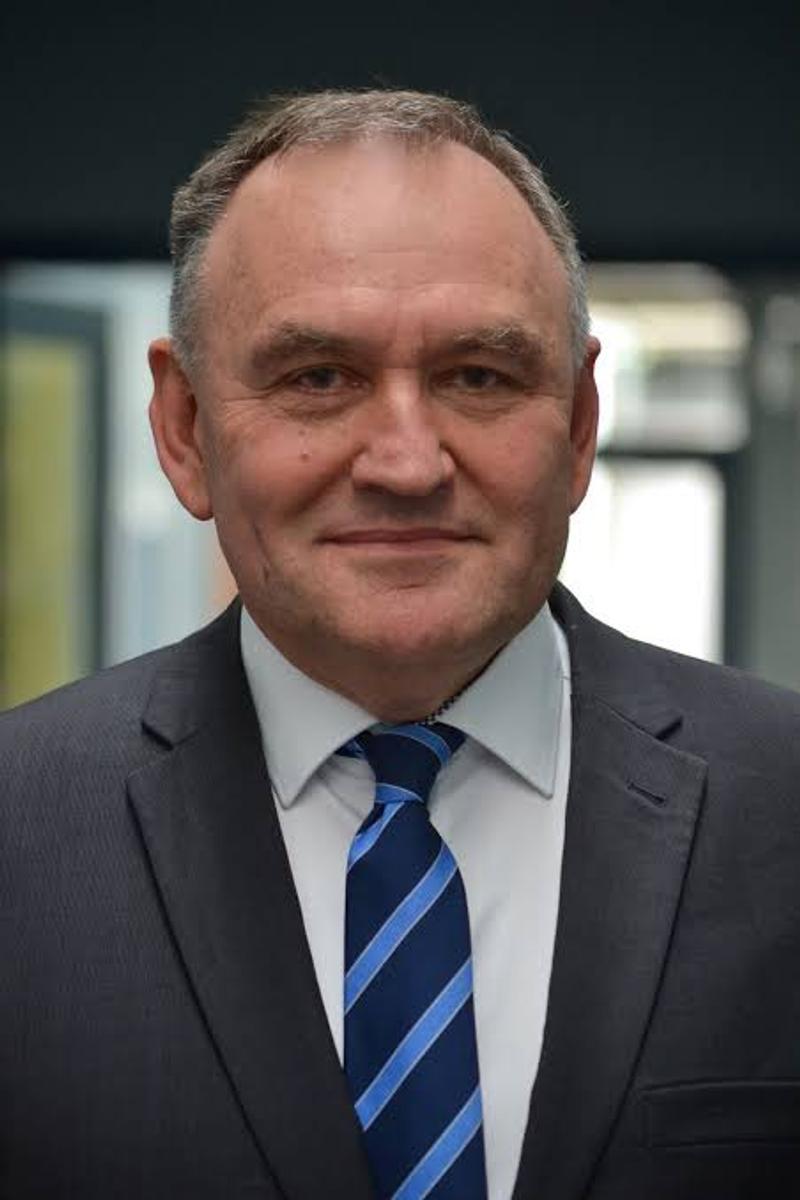From the Memory Box
Henry Grossek- Principal Berwick Lodge Primary School

From the Memory Box
Henry Grossek- Principal Berwick Lodge Primary School
Issue No 31


As we move inexorably deeper into a technologically driven world, the tension between excitement and anxiety over the growing influence of Artificial Intelligence (AI) is something to behold. Where it will lead to ultimately, no-one really knows. Depending on your point of view, something akin to Armageddon or Nirvana awaits us.
Then there is the ubiquitous influence of social media, much of which is of concern to us all. All of which brings to mind a fascinating novel that was on our high school reading list all those years ago. I speak of Brave New World by Aldous Huxley. Dystopian in nature, it is a fundamentally satiric novel, but it also vividly expresses Huxley’s distrust of 20th-century trends in both politics and technology.
In its day, Brave New World received a largely negative reception and was banned from many schools and libraries all over the world and to this day remains on lists of censored books.
Essentially Huxley, unlike many of his fellow citizens, felt that the prevailing view that technology was a futuristic remedy for the problems caused by disease and war was naïve. In Brave New World, Huxley challenges this idea by imagining them taken to their extremes.
Fast forward from 1932 when Brave New World was published and one could be forgiven for thinking that, in some ways, very little has changed. On the technological front, schools, not to mention society in general, are facing unprecedented challenges – these extending beyond those of Huxley’s time. Of all the challenges facing school leaders today, navigating those of a technological nature are very high on the list.
What can we glean from the work of Aldous Huxley that can be of value in moving forward in our schools today? Huxley was a well-educated man with a brilliant and creative mind. From a philosophical approach, the dystopian futuristic world he creates in Brave New World provides an excellent platform from which to examine our approach to harnessing digital technologies both in the classroom for students and their wider applications in society.
Importantly, creative and critical thinking skills, for school leaders, their staff and students remain of paramount importance. All the while, the digital revolution continues to gather momentum, with AI at its forefront, bringing with it a brave new world – a world replete with possibilities of either utopian or dystopian futures. One thing is for certain – AI is here to stay and there are legitimate reasons to be concerned.
Naveen Joshi, columnist and Founder of Allerin, which develops engineering and technology solutions works in AI, Big Data, IoT and Blockchain, identifies two important areas of concern. Firstly, current AI research is overly focused on making advances in a narrow set of domains and pays insufficient attention to the disruptive effects on society’s fabric, specifically the future of work. Secondly, AI has the potential to undermine democracy and individual liberties if, and it is a big if, it becomes so powerful that it can program itself to be in charge and disobey orders from its master – the humans. At the least, this provides persuasive material for novels on a dystopian future, by the Aldous Huxleys’ of today.
We are in a pivotal time in the teaching profession at the moment. A new generation of inexperienced school leaders are emerging at precisely the moment when a new, disruptive technology, AI, is making increasing inroads on how we lead, teach and learn. There’s no copybook on how to best harness AI in schools for today’s school leaders. There’s an awful lot of learning to be done, and quickly, to equip school leaders with the expertise to best harness the potential of AI in schools. Most importantly, in doing so, to equip todays’ students with the skills and knowledge so as to render the inevitable flood of novels of a dystopian future as little more than thought-provoking fiction. Certainly, food for thought – always a nourishing meal.